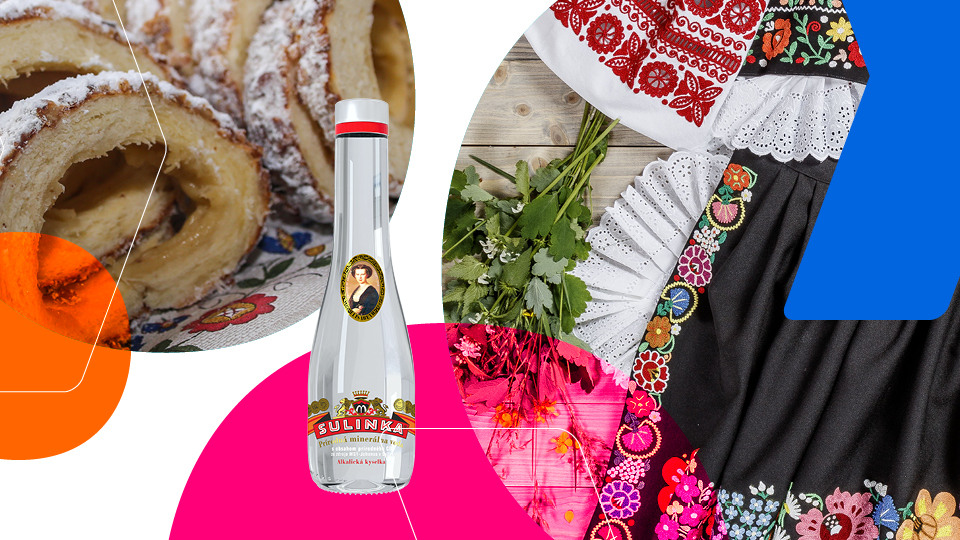Slovakia Joins the Geneva Act of the Lisbon Agreement
11 juillet 2024
On July 9, 2024, the Government of the Slovak Republic deposited its instrument of accession to the Geneva Act of the Lisbon Agreement on Appellations of Origin and Geographical Indication (“Geneva Act”).
With this accession, the Geneva Act now offers protection in 23 Contracting Parties covering up to 58 countries, while the Lisbon System covers up to 73 countries in total.

This accession will allow Slovakia to protect both its appellations of origin and geographical indications under the Geneva Act, including those in the non-agricultural product category such as Detvianska výšivka (embroidery), but also its renowned appellations of origin in the wine and spirits category such as Skalický rubín (wine), as well as Sulínka (mineral water) or Skalický trdelník (sweet pastry) in the mineral water and food product categories, to name only a few.
The Geneva Act will enter into force with respect to Slovakia on October 9, 2024.
About the Geneva Act
The Geneva Act helps producers of quality products, linked to origin, to protect the distinctive designations of their products in multiple jurisdictions, either as appellations of origin or geographical indications, through a single application filed with WIPO, and the payment of one set of fees.
About the Lisbon System
The Lisbon System provides protection for names that identify the geographic origin of products such as coffee, tea, fruits, cheese, wine, pottery, glass and cloth.
Examples of appellations of origin and geographical indications
- Kampot Pepper (Cambodia)
- Comté (France)
- Tokaj (Hungary)
- Sarough Handmade Carpet (Iran)
- Tequila (Mexico)
- Porto (Portugal)
- Chulucanas (Peru)
- Banano de Costa Rica (Costa Rica)
- Grana Padano (Italy)
- Bohemia Crystal (Czech Republic)
- Figue de Djebba (Tunisia)
Questions or comments?
Find out more
À propos de l’Acte de Genève
L’Acte de Genève aide les producteurs de produits dont la qualité est liée à l’origine à protéger les désignations distinctives de leurs produits dans plusieurs pays, soit en tant qu’appellations d’origine, soit en tant qu’indications géographiques, en déposant une demande unique auprès de l’OMPI et moyennant le versement d’une seule série de taxes.
À propos du système de Lisbonne
Le système de Lisbonne prévoit la protection des désignations indiquant l’origine géographique de produits tels que le café, le thé, les fruits, le fromage, le vin, la poterie, la verrerie ou le textile.
Exemples d’appellations d’origine et d’indications géographiques
- Poivre de Kampot (Cambodge)
- Comté (France)
- Tokaj (Hongrie)
- Tapis faits à la main de Sarough (Iran)
- Tequila (Mexique)
- Porto (Portugal)
- Céramique de Chulucanas (Pérou)
- Bananes de Costa Rica (Costa Rica)
- Grana Padano (Italie)
- Cristal de Bohème (République tchèque)
- Figue de Djebba (Tunisie)